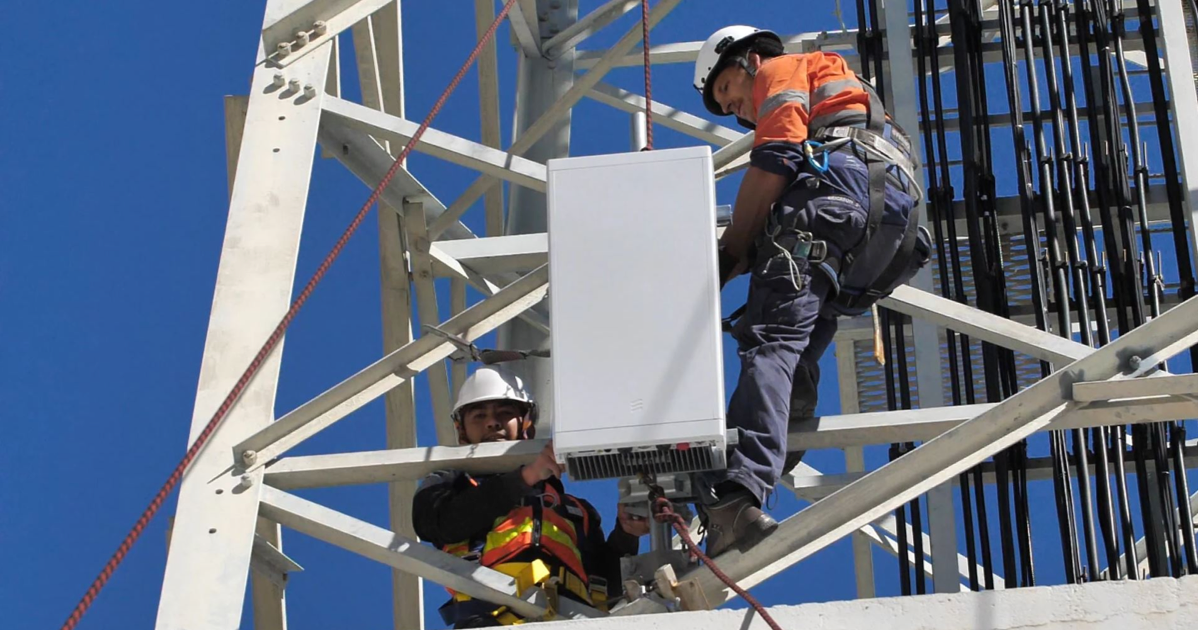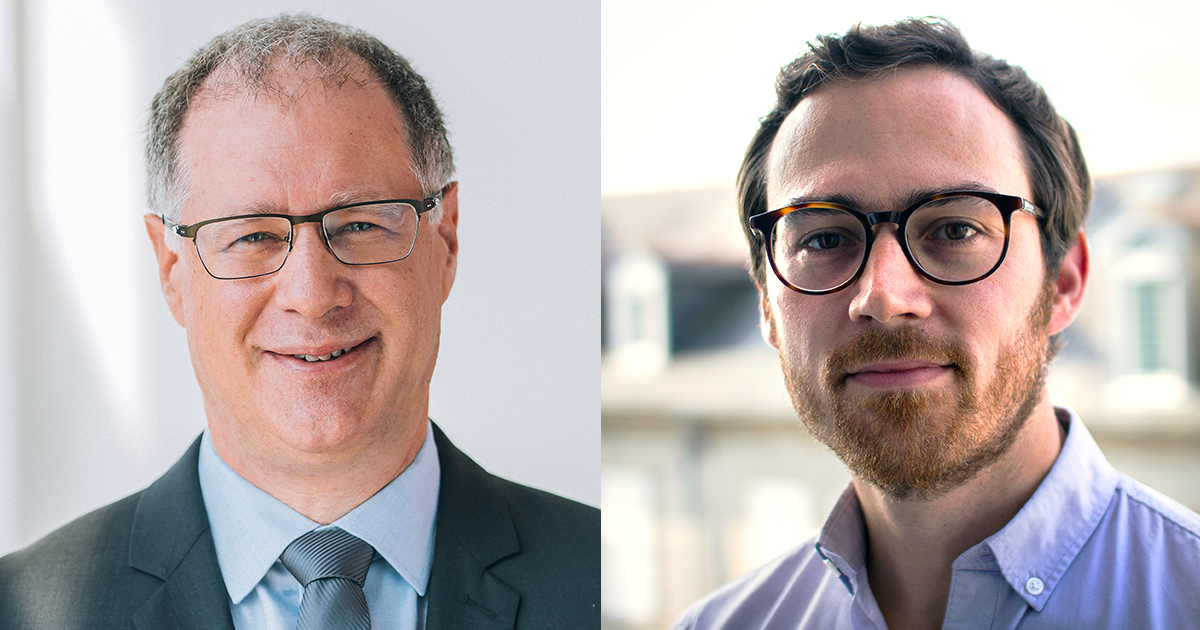Nouvelles
Polytechnique Montréal partners with Ericsson Canada and Montréal-based universities to improve 5G sustainability using AI
Professors Jean-François Frigon and François Leduc-Primeau of the Department of Electrical Engineering are taking part in a research project jointly conducted by Polytechnique Montréal, École de technologie supérieure, Concordia University, Environment and Climate Change Canada and Ericsson, which seeks to harness artificial intelligence to mitigate 5G networks’ energy consumption.

(Photo : Ericsson)
Ericsson Canada has announced a strategic research program led by École de technologie supérieure (ÉTS), in partnership with Polytechnique Montréal, Concordia University and Environment and Climate Change Canada (ECCC), to explore how artificial intelligence (IA) can help the telecommunications sector minimize the energy consumption of 5G networks. The project aims to help communications service providers shrink their carbon footprint and reduce operational costs by saving on energy, which will, in turn, help lower costs for consumers and decrease harmful emissions.
“5G networks are the technological backbone of our society and they represent an opportunity to digitalize industries and significantly reduce global CO2 emissions,” notes Erik Ekudden, Senior Vice President and Chief Technology Officer, Ericsson. “Under the focused guidance of our partners and with the help of Ericsson experts in Montréal, a leading AI hub, our researchers will test and refine solutions to make 5G & Beyond technologies smarter, more energy-efficient for service providers and cost-efficient for end users.”
François Bertrand, Vice President of Research and Innovation, Polytechnique Montréal, explains: “The climate crisis demands novel solutions and the pooling of multidisciplinary talents. Over the next three years, by combining their strengths with those of professors and researchers from four organizations, our experts will harness the potential of artificial intelligence and work on reducing the energy required by base stations to transmit signals to wireless devices, which is crucial since the number of connected devices is expected to increase dramatically.”
In close collaboration with seven professors and 27 researchers from Polytechnique, ÉTS, and Concordia and expertise from ECCC, data scientists from Ericsson’s Global Artificial Intelligence Accelerator (GAIA) in Montréal will support the three-year research project. Ericsson will bring its global expertise in this area from Ericsson Research to steer the group in standardizing their research findings and drive towards industrialized solutions that can be integrated into its 5G products and services.
The outcomes of this research are also expected to strengthen ECCC’s Greenhouse Gas (GHG) modelling solutions for the information and communications technologies (ICT) sector and contribute to global standardization. This partnership is supported by contributions from the Government of Québec (through InnovÉÉ – Innovation en Énergie Électrique) and the Natural Sciences and Engineering Research Council of Canada (NSERC).
“The Government of Canada is in a constant search for innovative ways to cut pollution and fight climate change, in industries both young and old,” says the Honourable Steven Guilbeault, Minister of Environment and Climate Change. “Teaming up Ericsson Canada with Montréal’s world-class universities and globe-leading AI research and development community is another smart step forward in the pursuit of net-zero jobs and growth.”
Thierry St-Cyr, CEO , InnovÉÉ – Innovation en Énergie Électrique, adds: “We are convinced that the collaborative research model is a must to develop new technologies to reduce the GHG emissions of the energy sector faster, smarter, and more competitively.”
Approaching network transmission and configuration differently to reduce carbon footprints
The ICT industry is an energy-intensive and growing sector. 5G is more energy efficient than previous generations of mobile communications; however, the energy consumption of entire mobile networks is expected to increase due to the need to expand network capacity to meet the exponential growth in data traffic.
By embedding AI into those networks, researchers will devise ways for them to self-configure and reconfigure to push energy consumption to a minimum while maintaining the required quality of service.
As part of the project, Jean-François Frigon, Full Professor and Director of the Department of Electrical Engineering, and François Leduc-Primeau, Assistant Professor in the same department, will conduct research into ways of reducing the energy required by base stations to transmit signals to wireless devices.

Professors Jean-François Frigon and François Leduc-Primeau.
Their contribution will be especially important given that the number of connected devices is expected to increase dramatically, for one, and because mobile network operators are working to lower their carbon footprints.
As Professor Frigon explains, the key to achieving that goal is to harness artificial intelligence so that base stations “learn” to identify myriad details about the wireless environments they are operating in, and to properly configure transmission characteristics and use of radio resources.
“Wireless networks deliver diverse and dynamic services to large numbers of users in complex and constantly changing environments,” he notes. “In that context, minimizing energy footprints is a complex problem to solve. Our research has demonstrated the power of artificial intelligence in wireless systems, and we expect that AI will have the capacity to identify new transmission and configuration methods for base stations, ensuring substantially reduced energy footprints for the wireless networks of the future.”
“Our research will also focus on achieving additional energy savings by reducing the computational effort required to deliver radio signals to wireless network users’ devices,” Professor Leduc-Primeau adds.
Learn more
Professor Jean-François Frigon’s expertise
Professor François Leduc-Primeau’s expertise
Department of Electrical Engineering website (in French)
Ericsson Canada website




